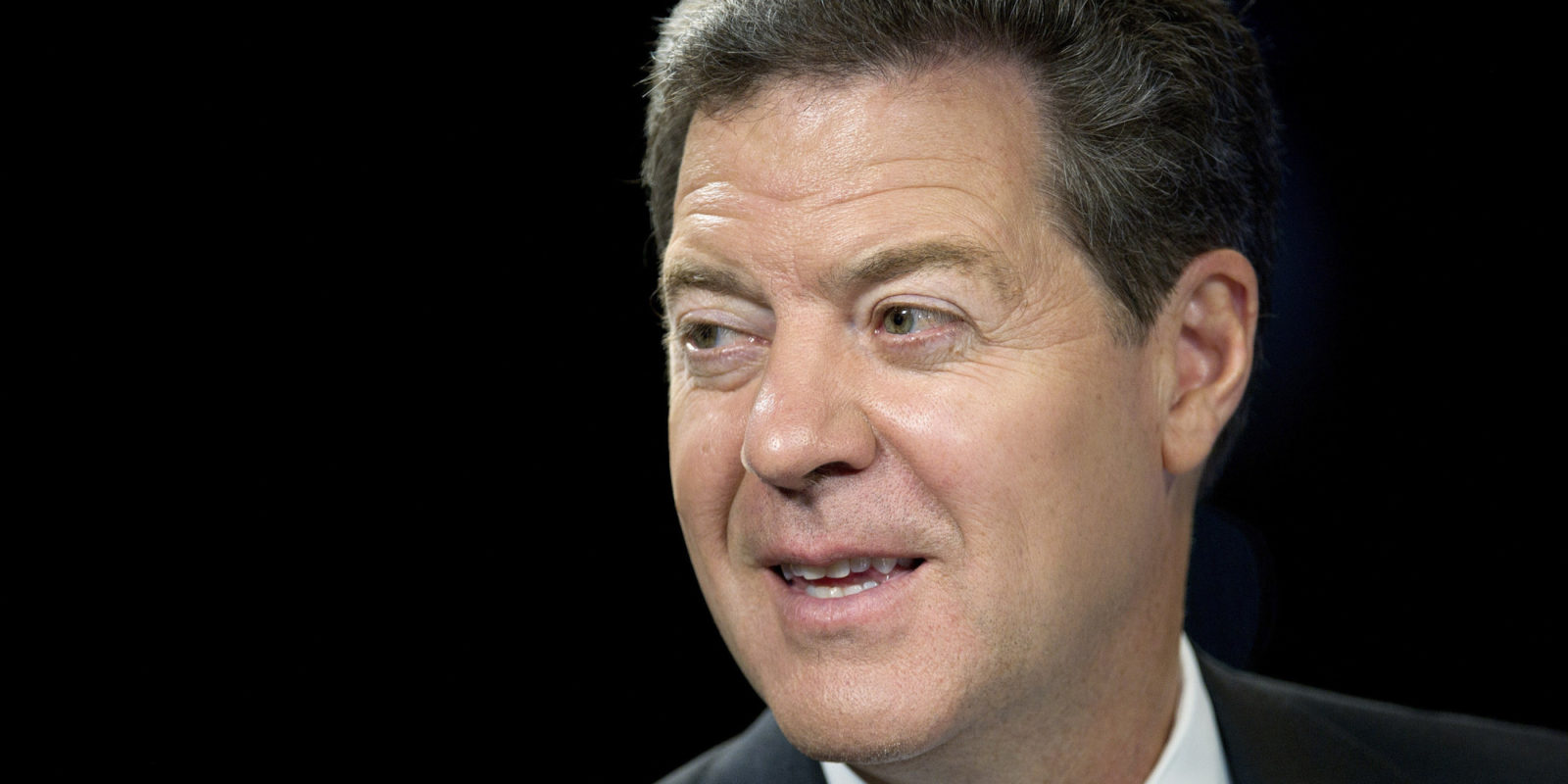Ambassador Sam Brownback on the Threat to Religious Freedom in America
With Western society becoming morally polyglot and secular, religious freedom is becoming a major political clash point, and in the United States, a central front in what is sometimes called the culture war. Proponents of robust religious freedom protections see the “free exercise” of religion guaranteed in the Constitution as the “First Liberty.” But others view the same issue as an excuse to justify discrimination against the LGBT community and to thwart the free exercise of unfettered reproductive freedom.
This controversy is so important to both our rights and duties as human beings that Wesley invited Sam Brownback—one of the world’s most engaged defenders of religious freedom–back for a return visit to Humanize to discuss the current scene. In the premier episode of this Podcast, Brownback discussed religious freedom internationally. Ambassador Sam Brownback on Human Rights and Religious Freedom | Humanize In this episode, he and Wesley take a deep dive into domestic religious freedom controversies.
Sam Brownback served as the United States Ambassador at Large for international Religious Freedom from February, 2018 until January, 2021. Prior to that, he was elected governor of Kansas, an office he held from 2011 to 2018. He has also represented Kansas in the United States Senate and in the House of Representatives. While a member of the Senate, he worked actively on religious freedom issues in multiple countries and was a key sponsor of the International Religious Freedom Act of 1998.
Brownback is also a founder and Chairman of the newly formed National Committee for Religious Freedom.
ChasedAway — NCRF (thencrf.org)
Opinion | Extreme Religious Liberty Is Undermining Public Health – The New York Times (nytimes.com)
State Abortion Bans Face Religious-Liberty Lawsuits From the Left – WSJ
NCRF Eight Guiding Principles on Religious Freedom:
- Religious freedom was guaranteed by our Founders in the First Amendment because they believed religion important for America – for the flourishing of citizens and the flourishing of our Republic.
- Religion is the universal human search for a greater-than-human source of being, reality, and ultimate meaning. To deny the right to engage in this search, or to live in accord with the truths discovered, is to deny the core of what it means to be human.
- In America, religious freedom encompasses the right to believe, or not to believe, in religious truths.
- For those who believe, the First Amendment guarantees them the right of religious free exercise, that is, the freedom to live according to their religious beliefs. All Americans are equally entitled to this right. The fundamental purpose of the ban on the establishment of religion is to encourage free exercise by limiting government power over religion.
- Religious free exercise entails the rights of conscience. No man or woman may be coerced by the state or any other human agent to believe or to act in ways contrary to his or her religious conscience.
- All American religious communities are equally entitled to the right of free exercise.
- Historically, the right of free exercise has entailed exemptions from laws in order to avoid undue burdens on religious conscience and practice. Protecting these exemptions is vitally important and must continue. But exemptions alone do not capture the full meaning of free exercise.
- Religious free exercise entails private rights, such as worship and internal governance. It also entails public rights, including:
- The rights of parents to raise their children consistent with the moral values taught by their religious traditions and to participate actively in the education of their children;
- The rights of students to express their religious and moral beliefs in public schools on a basis equal to the rights of expression by all students;
- The rights of business owners to operate their businesses in a manner consistent with their religious beliefs and the rights of employees to manifest their religious beliefs in their places of work on a basis equal to the rights of expression of other employees;
- The rights of medical professionals, clinics and hospitals, to apply religiously-informed standards in their care for patients, including in their professional judgments on how to protect human life, heal the body, strengthen mental health, and avoid harm to human dignity and flourishing;
- The rights of religion-based charitable and non-profit institutions to operate in a manner consistent with their religious convictions, including the right to hire those who accept those convictions and fire those who reject them.
